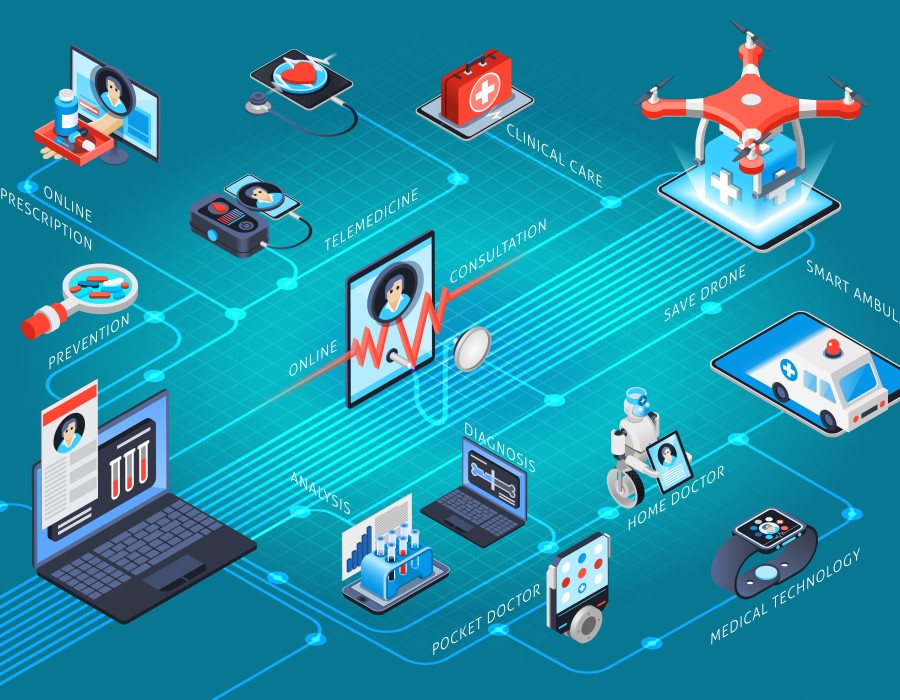Healthcare organizations today face a critical decision when planning interoperability: how to connect multiple Electronic Health Record (EHR) systems seamlessly. With regulatory mandates and patient care demands pushing for better data sharing, two primary paths emerge — using an EHR aggregator or building a custom EHR integration from scratch.
This debate — often framed as EHR Aggregator vs. Custom Integration — isn’t about one being universally better. It’s about choosing the right fit for your timelines, budget, and operational needs.
What is an EHR Aggregator?
An EHR aggregator acts as a central hub, offering pre-built connections to multiple EHR systems (Epic, Cerner, Allscripts, etc.) via a single interface. Instead of developing separate integrations for each system, you connect once and gain access to many.
Why it works:
- Rapid deployment — often in weeks.
- Reduced upfront cost compared to building from scratch.
- Pre-compliance with HIPAA, HL7, and FHIR standards.
When to Choose an EHR Aggregator
You might choose this approach if:
- Speed is your priority — Ideal for MVPs, pilot projects, or meeting tight deadlines.
- You need broad EHR coverage — Great for solutions that interact with various providers and hospital networks.
- Budget is limited — Aggregators lower initial investment.
- Your workflows are standard — Perfect when your data needs align with common integration patterns like patient demographics or lab results.
When to Go Custom
Custom EHR integration shines when:
- Your workflows are unique — Tailored builds align exactly with your operational processes.
- You require deep, bidirectional data exchange — Full control over read/write capabilities.
- Scalability matters — Flexible architecture to adapt as your organization grows.
- You want full ownership — Avoid vendor lock-in by controlling your integration code and data flow.
Hybrid Approach: Start Fast, Scale Smart
Many organizations launch quickly with an aggregator to meet immediate goals, then transition to custom integration as they expand. This approach delivers both speed-to-market and long-term flexibility.
Final Thoughts
Choosing between an aggregator and a custom integration is less about technology alone and more about aligning with your business goals, care delivery model, and future.
If you need quick access to multiple EHR systems with minimal upfront cost, an aggregator is the clear choice. But if your vision demands deep customization, scalability, and total control, a custom integration is worth the investment.
At Emorphis Technologies, we help healthcare providers evaluate these options and craft integration strategies that ensure seamless interoperability, regulatory compliance, and improved patient outcomes.





Comments